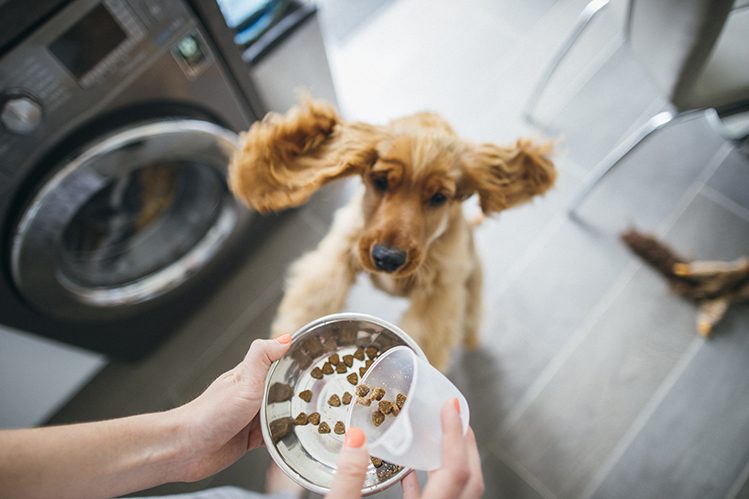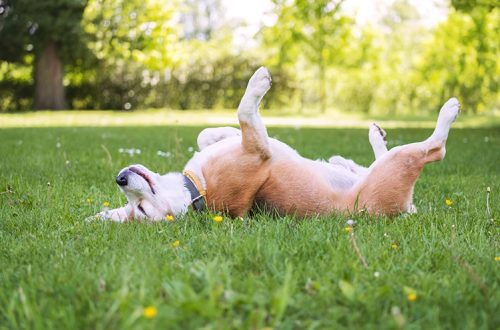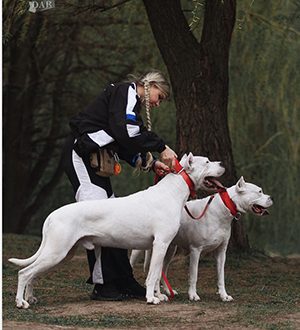
Sensitive digestion in dogs
What is sensitive digestion in dogs? What symptoms point to it? What should not be given to a dog with sensitive digestion and what kind of food should be chosen for it? Read about it in our article.
How do you know if your dog has sensitive digestion? You don’t need to do self-analysis. This feature of the body must be established by a veterinarian. Many diseases of the digestive system have similar symptoms, and at home, without special education, you will not be able to determine the exact cause of the problem.
The causes of sensitive digestion can be both congenital features of the enzymatic system, a violation of the intestinal microflora, and acquired with improper feeding and maintenance of the pet.
.
Signals for the host should be flatulence, loose stools with the usual diet, vomiting. If your dog has these symptoms, you should contact your veterinarian as soon as possible and find out the exact cause. It could be that your dog has sensitive digestion, or it could be something else entirely, such as a worm infestation, a food intolerance, or a viral infection.
Sensitive digestion is not a disease. This is a feature of the body with which you can fully live. The main thing is to adjust the dog’s diet, choose the right food and treats – and not experiment, even if you really want to “pamper” your pet with something special.
The key to the health of a dog with sensitive digestion is the strict adherence to a suitable balanced diet.

Sensitive digestion can be a feature of any dog, regardless of breed, age or general health. However, dogs of small and miniature breeds are more prone to it: for example, Yorkshire terriers and Maltese lapdogs, and large dogs such as shepherds, golden retrievers, bulldogs and others. With the choice of food for these pets, you need to be especially careful.
Healthy digestion is not only a pet’s well-being and well-groomed appearance, but also a strong immune system.
The largest number of immune cells in a dog’s body is located just in the digestive tract: we are talking about almost 2/3 of the immune system. Any digestive problems directly affect the work of the immune system: they undermine the body’s defenses, making the dog vulnerable to diseases.
If your dog has recurring GI problems, they need to be addressed. Your task is to choose soft food that will support the digestive system.
Any products from our table are contraindicated for pets with sensitive digestion. Make no exceptions. Even a small piece of chicken in your soup can cause severe diarrhea, vomiting, or an adverse reaction to food.
Eliminate food and treats to which the dog had a negative reaction: loose stools, vomiting, increased gas formation. Stick to standard feeding rules: feed your dog at the same time, don’t mix prepared food and homemade food, don’t overfeed your dog, don’t mix or rotate different lines of food and treats without a good reason. Get rid of uneaten food in a timely manner and exclude access to the bin so that the pet is not tempted to rummage through it.
Choose a food that will give your dog regular, well-formed stools, and stick to a feeding schedule.
Make sure your dog always has fresh drinking water available.
The dog’s diet should be discussed with a veterinarian. Usually doctors recommend food lines specifically for dogs with sensitive digestion. Feed class is not lower than superpremium. This ensures that the diet is made from quality selected meats, and not from offal, which often cause food intolerances and digestive disorders.
Special diets for pets with sensitive digestion contain highly digestible proteins, carbohydrates and natural pre- and probiotics to support healthy intestinal microflora. This reduces the risk of increased diarrhea gas. These diets do not contain “heavy” components that can lead to food intolerance or an allergic reaction. For example, grain-free formulations are suitable for animals that cannot digest grains. And one type of meat as a source of animal protein eliminates allergies to another meat component (only lamb in CORE Lamb feed).
Foods for dogs with sensitive digestion are completely balanced. This means they contain everything your pet needs. You do not have to give your dog additional vitamin and mineral complexes. And as a treat, you can give her special treats.

When you choose a diet that is right for your dog and strictly adhere to it, digestive problems will come to naught. But you should not relax: any experiments can again lead to a problem, and you will again have to fight for the pet’s well-being. The main thing for a dog with a “weak” stomach is a stable diet.
Be careful and take care of your wards!
The article was written with the support of the Valta Zoobusiness Academy. Expert: Lyudmila Vashchenko — veterinarian, happy owner of Maine Coons, Sphynx and German Spitz.






